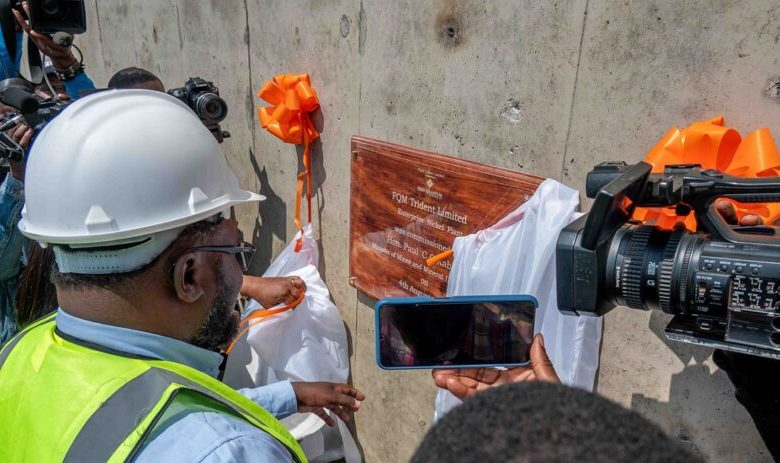
The Defence Secretary Philip Hammond announced that starting from October the government proposed to develop a full-spectrum military cyber capability, including a strike capability, to enhance the UK's range of military capabilities. He called for hundreds of ‘cyber reservists’ to work alongside regular forces in the new Joint Cyber Reserve Unit in a bid to protect key computer networks and safeguard data.
“Increasingly, our defence budget is being invested in high-end capabilities such as cyber and intelligence and surveillance assets to ensure we can keep the country safe,” said Mr Hammond. “The cyber reserves will be an essential part of ensuring we defend our national security in cyber space. This is an exciting opportunity for internet experts in industry to put their skills to good use for the nation, protecting our vital computer systems and capabilities.”
Presenting the initiative as an exciting opportunity for internet experts in industry to put their skills to good use for the nation, “protecting our vital computer systems and capabilities”, he will be targeting regular personnel leaving full-time roles and existing reservists with relevant skills, as well as experts from business and academia – the kind of people who would not consider joining up normally.
The announcement coincides with protests against Mr Hammond interrupting an address he gave to the annual Conservative party conference. Regular army veterans object to cuts in the regular army’s strength from 102,00 to 82,000. The new announcement is unlikely to mollify them despite his observation: “If they'd stayed in the hall a bit longer they would have heard the case that I was building in my speech for why we have to invest in the new capabilities we need to defend Britain."













